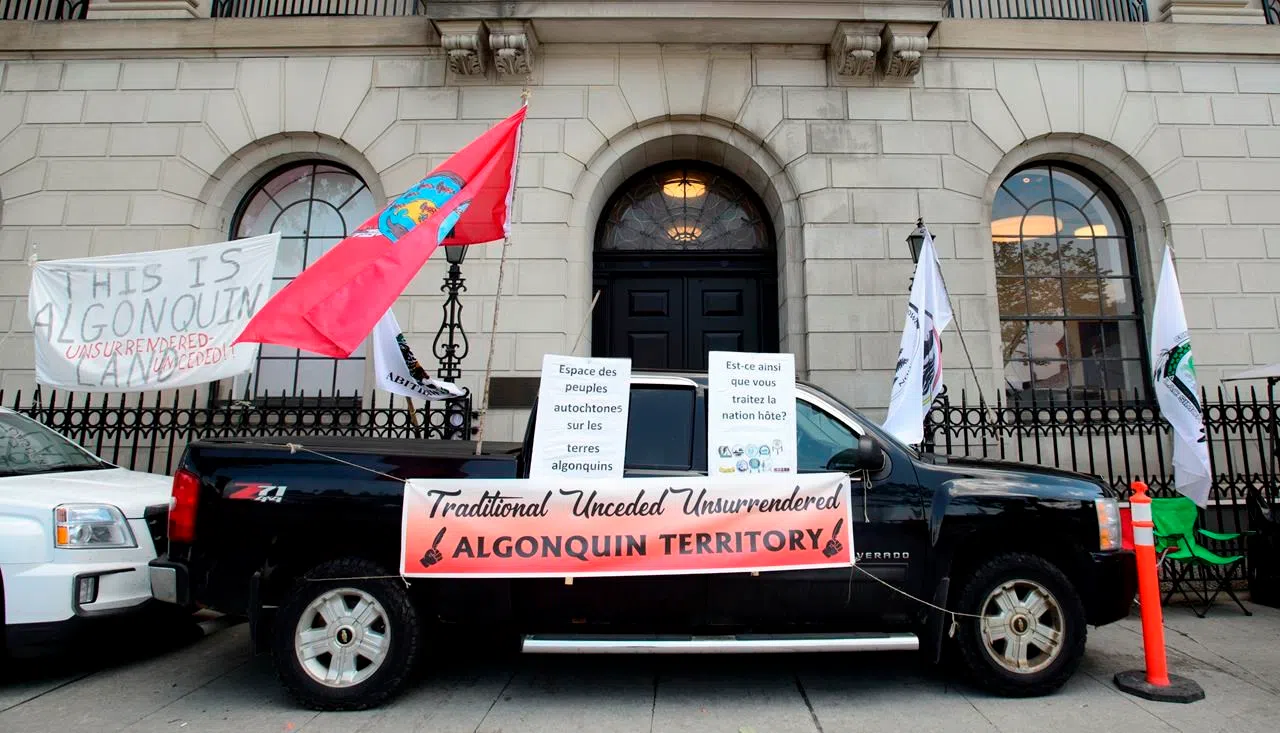
Hunger strike ends after agreement reached on Ottawa Indigenous Peoples’ space
OTTAWA — An Algonquin grand chief’s hunger strike is over after an agreement with the federal government on a project to create a major Indigenous centre in Ottawa.
Steps away from Parliament Hill, Verna Polson, head of the Algonquin Anishinabeg Nation Tribal Council, had been in a wigwam since Monday without eating or drinking.
Following the agreement Tuesday, Polson went to hospital.
“We’re glad an agreement was reached,” said Lisa Robinson, chief of Wolf Lake First Nation, an Algonquin community that isn’t part of Polson’s group, who was on the site of the protest following the deal.
